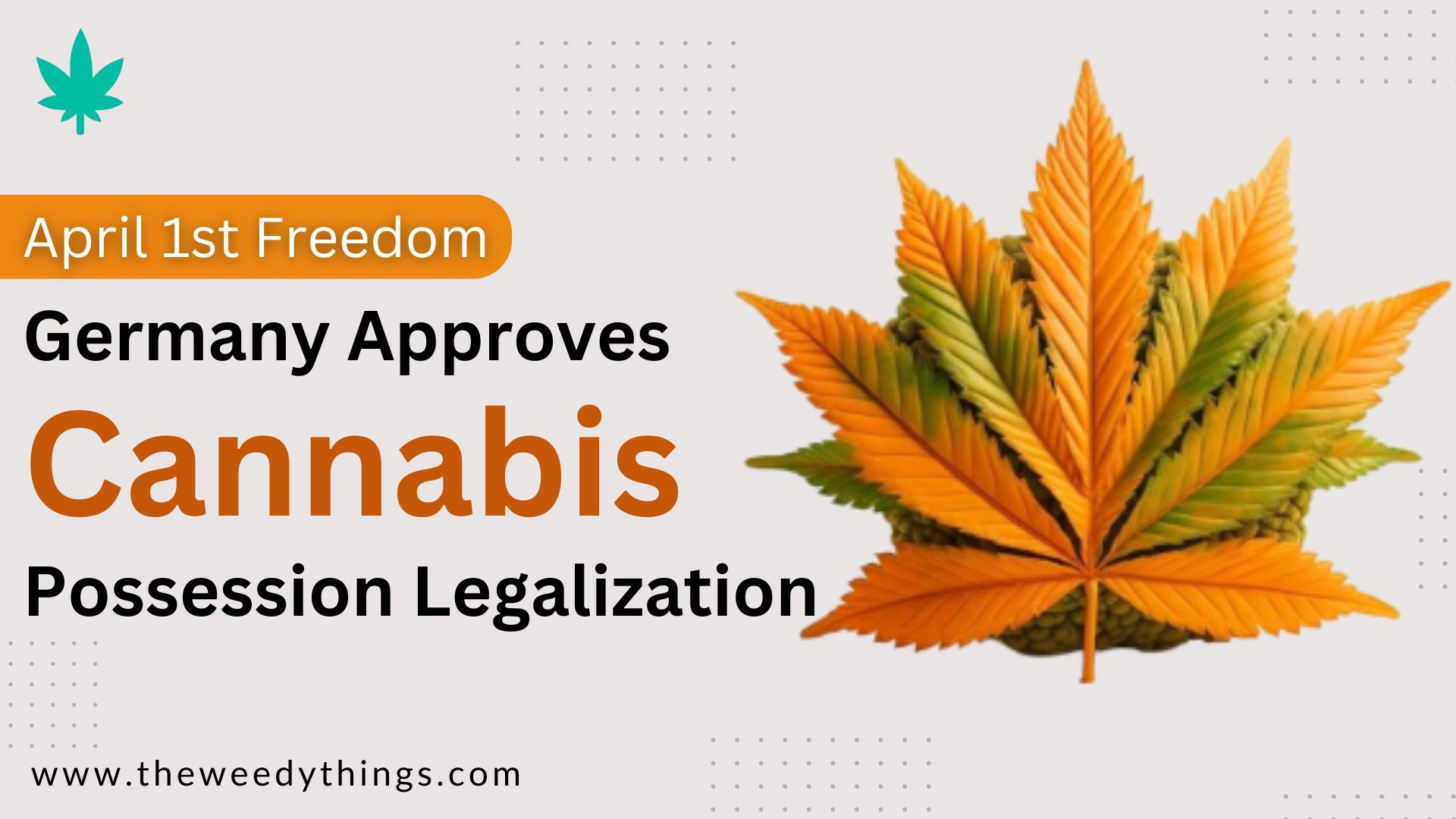In a landmark decision, Germany has taken a significant step towards cannabis reform by approving the legalization of cannabis possession, set to come into effect on April 1st. This move marks a pivotal moment in the country’s approach to drug policy and has generated widespread discussion and anticipation among citizens and policymakers alike.
The decision to legalize cannabis possession in Germany comes after years of debate and advocacy from various groups pushing for reform. Proponents of legalization argue that it will lead to reduced criminalization, improved public health outcomes, and increased revenue for the government through taxation. Critics, however, express concerns about potential health risks and the impact on youth.
One of the primary goals of Germany’s cannabis legalization plan is to prioritize public health and safety. To achieve this, strict regulations will be put in place to govern the production, distribution, and sale of cannabis products. This includes requirements for testing and labeling to ensure that products meet quality and safety standards. Additionally, measures will be implemented to educate consumers about responsible cannabis use and to prevent underage access to cannabis.
The legalization of cannabis possession in Germany is also expected to have significant implications for law enforcement and the criminal justice system. With possession no longer a criminal offense, law enforcement resources can be redirected towards more pressing issues, such as violent crime and drug trafficking. Additionally, the decriminalization of cannabis possession is expected to reduce the burden on the criminal justice system and alleviate overcrowding in prisons.
Furthermore, the legalization of cannabis possession has the potential to generate substantial tax revenue for the government. By imposing taxes on cannabis sales, authorities can generate revenue that can be reinvested into public health, education, and other essential services. This revenue stream has the potential to provide significant economic benefits to the country and its citizens.
Frequently Asked Questions
April 1st marks the date when Germany officially legalized the possession of cannabis for personal use, allowing individuals to possess small quantities without facing legal repercussions.
It means that individuals in Germany can possess a certain amount of cannabis for personal use without being subject to criminal charges.
The possession limits may vary depending on the specific regulations enacted by the German government, typically allowing for possession of a small quantity for personal use.
Not necessarily. Legalization of possession may not extend to the sale or cultivation of cannabis, which may still be subject to restrictions or regulations.
It represents a significant shift towards more lenient attitudes and policies regarding cannabis, potentially influencing future legislation and public perception.




